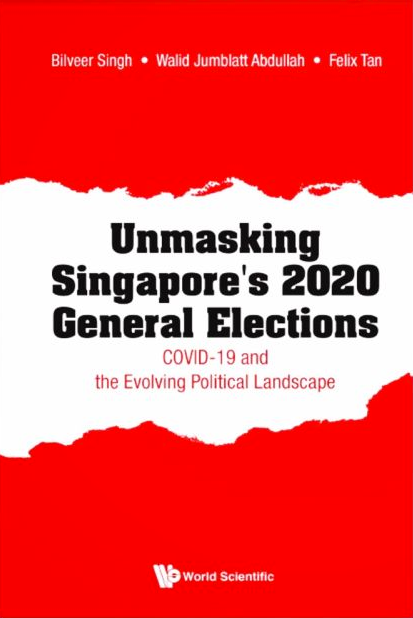
Unmasking Singapore's 2020 General Elections: COVID-19 and the Evolving Political Landscape
- Description
- Key Features
-
On 10 July 2020, Singapore held its 18th general elections in history and the 13th since independence in 1965. As in the past since 1959, the ruling People's Action Party (PAP) retained its supermajority by capturing 83 out of the 93 seats, retaining 89.2 percent control of parliament. This has continued to perpetuate the idea that Singapore is still a one-party dominant city-state despite conducting multi-party general elections. Albeit a changing social, political, and economic landscape, Singapore is still very much identified as an illiberal democracy that has somehow thrived over the years.
As the general elections were held during the COVID-19 pandemic, there were expectations by the PAP that the voters would overwhelmingly vote in the government as the country was facing a serious crisis of a generation. The 'flight-to-safety' mode that some have expected in an election during a crisis did not materialise. In the end, Singaporean voters decided to send a strong warning to the PAP that not all was well, with the opposition achieving its strongest gains since 1965, capturing 10 seats and an additional two Non-constituency Member of Parliament seats. The PAP's total votes dropped from 69.9 percent in 2015 to 61.2 percent in 2020. The rise of credible opposition has also further strengthened Singaporeans' resolve to ensure that a fair-playing field exists in the political realm. With the highest voter turnout since independence, many have made it known that their votes counted. The PAP also saw some cracks in its ranks especially from former cadre members and supporters who have been critical of the new fourth-generation team.
Against this backdrop, this book hopes to address a number of questions; first, why were the general elections held in the COVID-19 pandemic environment? Second, what were the key issues in the general elections? Who were the main contenders in the polls? What accounted for the PAP's continued hold on power in Singapore by its capture of 83 seats? Why did the opposition perform much better than in the previous general elections? What are the main implications of the 2020 general elections results for the PAP, opposition, and the broader society at large? Third, how far have issues shifted from bread and butter to much broader topics of social injustices and diversity of voices in parliament? What have been some of the crucial talking points during these elections? Last, but not least, how far did social media and internet campaigning determine the outcome of these elections?
-
- One of the first books to analyse the 2020 general elections
- Contributed by three specialists on Singapore politics from the National University of Singapore, Nanyang Technological University, and SIM Global Education which would have great traction, especially to the students and academic community who follow the evolving politics in Singapore
- Provides an academic angle that will set the tone for the discussion of the changing politics in the country, especially since this involves a generational change what more in a so-called 'crisis of a generation'
Cover Type: Hardcover, Paperback
Page Count: 388
Year Published: 2020
Language: English
